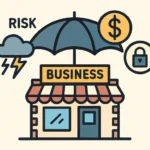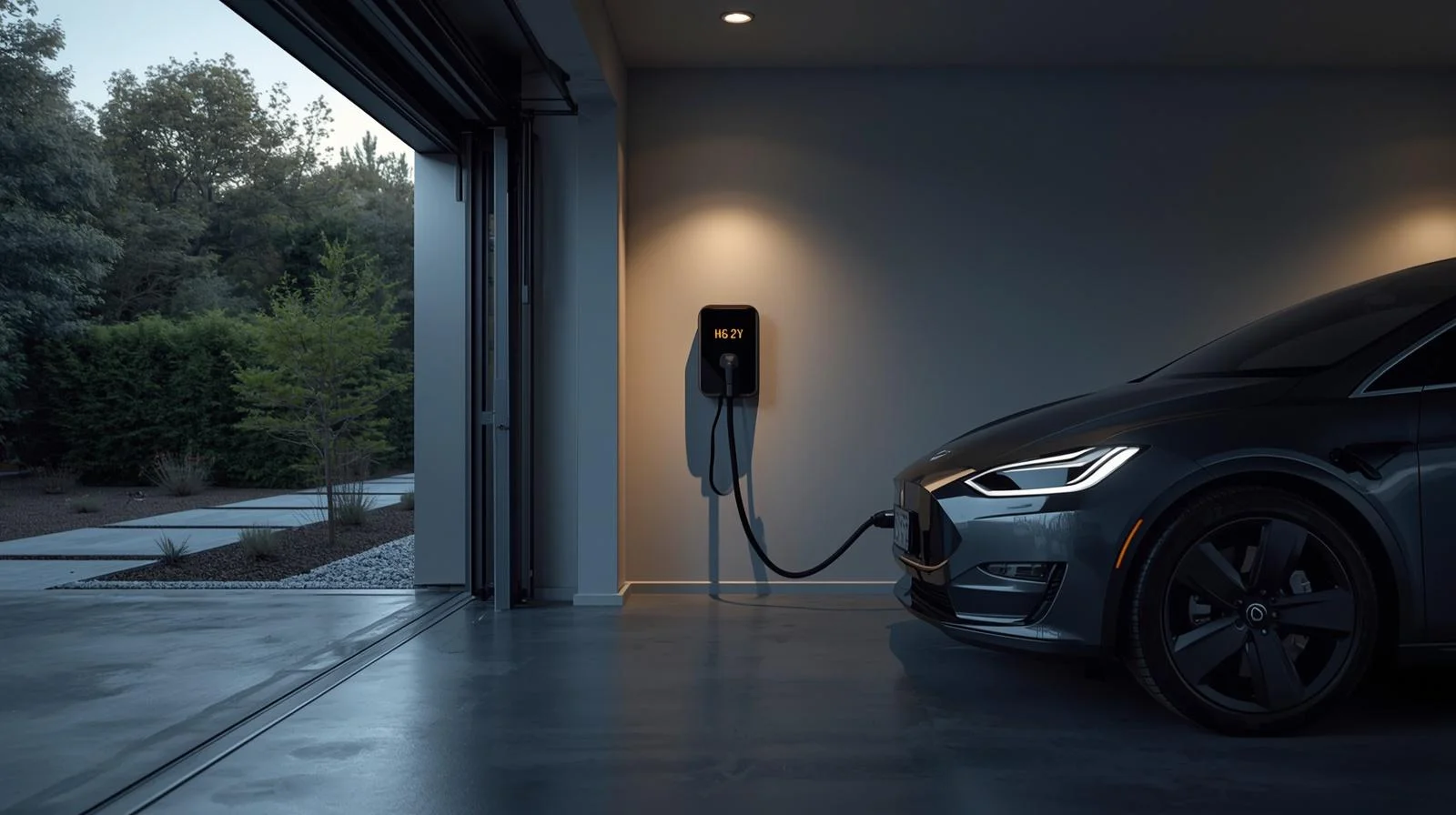Introduction
Have you ever typed a web address and felt that little “hmm… is this legit?” moment? That’s exactly where we land with sunwin acceletronics.us.com — a domain that looks like it should belong to a serious service provider but stops short of offering clarity. In a digital age full of cloned websites, ghost domains, and bold claims, verifying a site before trusting it isn’t just smart — it’s survival.
Let’s be honest: we’ve all seen those websites that look professional at first glance — glossy stock photos, confident language, maybe even a technical buzzword or two. But when you dig deeper, something feels off. That’s the case with sunwin acceletronics.us.com, a website that raises more questions than it answers. In this piece, we’ll explore what this site claims to be, what evidence (or lack thereof) supports it, and how you can protect yourself from similar online mysteries.
What Is Sunwin Acceletronics.us.com?
At first glance, sunwin acceletronics.us.com appears to be connected to medical equipment services — things like repairing or refurbishing linear accelerators and imaging machines. Several smaller blogs and listings reference it as a business in that niche.
But when you try to actually visit the website? Crickets. The page doesn’t load properly, and there’s no verified company profile attached to it. That’s already a red flag. When a site claims to represent a professional service provider — especially one working in medical technology — and yet provides no verifiable trail, that’s worth a closer look.
Why The Domain Raises Red Flags
Unusual Domain Structure
One of the first warning signs is the “.us.com” domain. It’s not inherently bad, but it’s not common either. Most reputable American businesses use standard domains like “.com” or “.us.” The “.us.com” suffix is often used by individuals or resellers, not by well-established companies. So when you see something like that, it’s fair to wonder why they didn’t go with a more standard address.
Lack of Verified Presence
When we dug deeper, there was no clear business registry listing for “Sunwin Acceletronics.” Compare that to a legitimate company like Acceletronics, Inc., based in Pennsylvania, which openly shares its location, leadership, and services. There’s a real disconnect here — and it’s enough to make anyone pause.
Contradictory Claims
Some mentions of sunwin acceletronics.us.com claim the business offers advanced repair solutions and “AI-based diagnostics” for radiation therapy equipment. Sounds impressive, right? But with no verifiable reviews, certifications, or professional listings, those claims feel hollow. A professional company doesn’t just talk about what they do — they show proof.
Comparing Legitimate vs. Questionable Sites
To make this clearer, here’s a quick comparison of what you’ll typically find on a verified business site versus one that raises red flags:
| Checkpoint | Legitimate Business Site | Questionable Site |
|---|---|---|
| Domain & Branding | Simple, professional “.com” or “.us” domain with consistent branding | Unusual domain like “.us.com” or mismatched names |
| Business Registration | Public records, clear address, company name matches domain | No physical address, no registration info |
| Testimonials & References | Verified reviews, case studies, real clients | Generic claims or copied testimonials |
| Certifications | Displays licenses, ISO or FDA approvals where relevant | Mentions “quality service” but shows no evidence |
| Contact Details | Email, phone, LinkedIn profiles for staff | Vague form or no response contact methods |
When you put sunwin acceletronics.us.com against this checklist, too many boxes fall on the questionable side.
What To Do Before Trusting Any Similar Site
If you stumble upon a website like this — one that looks technical but feels suspicious — don’t panic. Just do a little detective work. Here’s how:
- Run a WHOIS check: This shows who registered the domain, when, and where. Short-lived or hidden registrations are red flags.
- Search the name on LinkedIn: Real businesses have employees, and employees have profiles. No results? That’s a clue.
- Look for reviews on trusted sites: Forums, Glassdoor, BBB, or Reddit often reveal the truth faster than a homepage can hide it.
- Test communication: Send an inquiry. A legitimate company will reply professionally, often within 24 hours.
- Never pay upfront: Especially for services involving expensive equipment. Use contracts and secure payment methods.
If a site can’t pass these basic checks, it’s safer to walk away.

Is It Possibly Legitimate?
Sure, there’s always a chance that sunwin acceletronics.us.com was a real business that shut down, changed domains, or simply didn’t maintain its web presence. Smaller companies sometimes lack the budget or tech know-how for slick websites.
But here’s the issue: credibility online isn’t about fancy design — it’s about traceability. You don’t need a $10,000 website to prove you’re legitimate; you just need a verifiable footprint. Without that, users are left guessing. And guessing in business isn’t a great strategy.
Why This Matters More Than You Think
Imagine this: you run a medical center that needs urgent equipment repairs. You Google a few providers, and one of the top results is sunwin acceletronics.us.com. The site looks professional enough, so you reach out. They respond quickly, offer competitive pricing, and ask for a deposit.
Fast forward a few weeks — the site’s gone, the contact emails bounce, and your payment? Nowhere to be found. Sadly, this kind of story happens every day, especially in specialized industries where equipment and contracts are worth thousands of dollars.
That’s why understanding how to identify unverified domains isn’t just good practice — it’s damage control. One simple check can save your business from big losses.
Also read: Who Is Paula Pacino? The Untold Story Behind Al Pacino’s Half-Sister
How To Protect Yourself Online
If you frequently research suppliers or service providers, make a habit of verifying online footprints. It’s not paranoia; it’s professionalism.
- Bookmark official directories in your industry.
- Use Google Maps or Street View to confirm business locations.
- Read the “About Us” page carefully — real businesses mention people, not just promises.
- Don’t ignore gut feelings. If something seems off, it probably is.
And if you do encounter a potentially fraudulent site like sunwin acceletronics.us.com, report it. That way, others don’t fall into the same trap.
Conclusion
At the end of the day, sunwin acceletronics.us.com sits in that murky gray zone between “maybe real” and “likely unverified.” It’s not about spreading fear — it’s about awareness. The internet is filled with lookalike sites, and even savvy users can get caught off guard.
So, before you trust any company online, especially one handling specialized or high-value work, take five minutes to vet them. Check their background, validate their domain, and make sure they’re who they claim to be. Because in the digital world, reputation is everything — and sometimes, what’s missing speaks louder than what’s shown.
FAQs
1. What if the website starts working again later?
That’s possible, but don’t assume it’s suddenly trustworthy. Always verify the business’s registration, address, and reviews before any engagement.
2. Could it be a small legitimate company that’s just offline?
Yes, it could be. But even small companies can maintain a basic online presence with real contact info. A blank or dead site rarely signals professionalism.
3. Is a “.us.com” domain always suspicious?
Not always — but it’s uncommon. Reputable organizations prefer standard top-level domains like “.com” or “.org.”
4. How can I check if a site is genuine?
Look for verifiable information — phone numbers, legal documents, social media presence, and customer reviews.
5. What’s the safest next step if I’m unsure?
Contact the supposed parent company (in this case, Acceletronics, Inc.) directly to confirm any affiliation. If they’ve never heard of the site, you have your answer.
Thanks for visit Techywil











